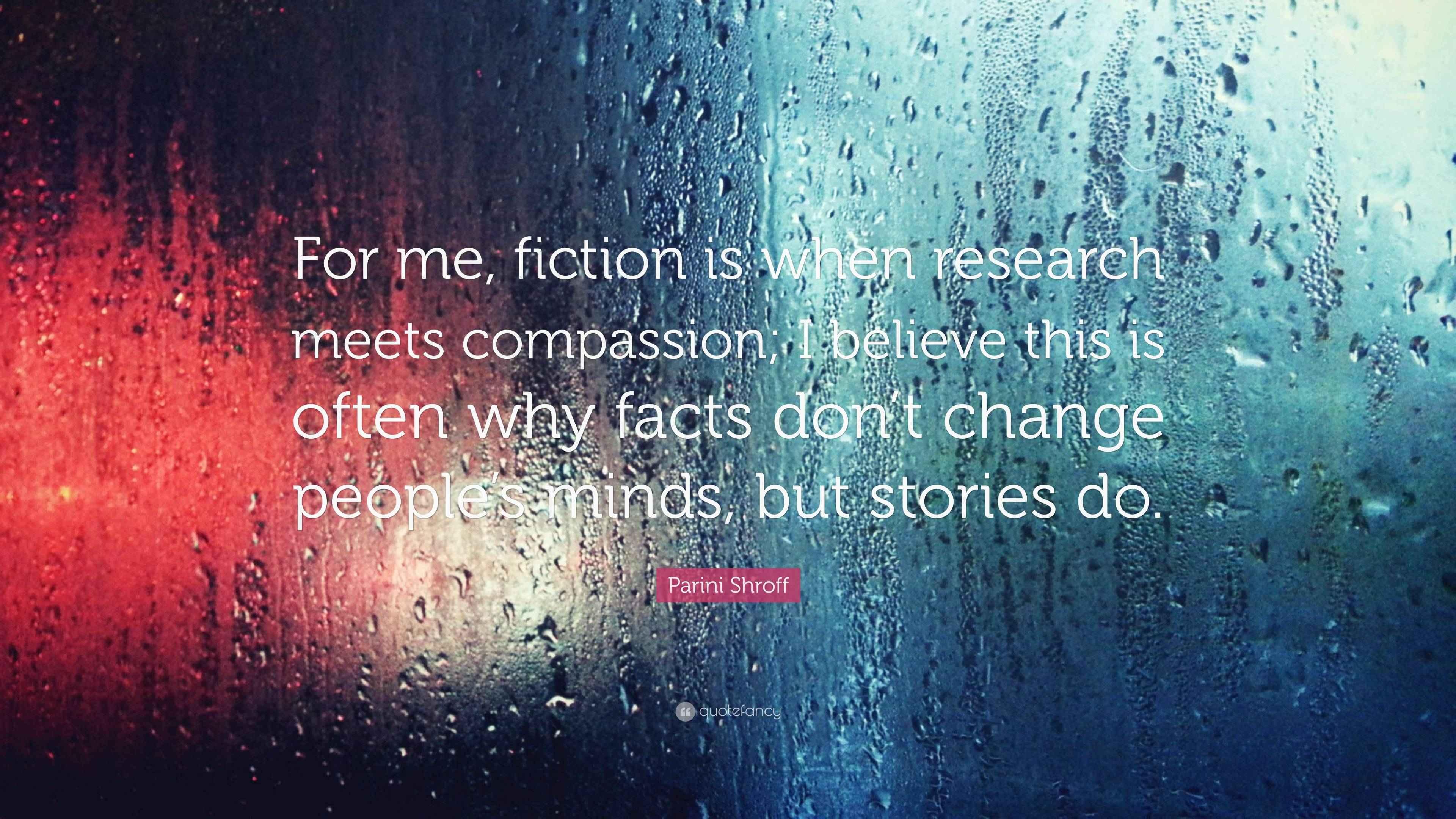From Beliefs to Extremes: The Rise of Radical Thinking

You don’t wake up one day and decide to become an extremist. It happens gradually, often without someone realizing they’re going down that road. But in today’s digital world, it’s never been easier to fall into radical thinking — and it’s becoming a real danger.
What Is Extremism, Really?
At its core, extremism means holding beliefs that are way outside the norm — often hateful, often violent, and usually rooted in the idea that one group is better than others.
There are different flavors:
-
Far-right groups that push white supremacy or anti-government views.
-
Far-left groups that may endorse violence for political change.
-
Religious extremists who twist faith into hate.
-
And even online subcultures like incels or conspiracy echo chambers.
The Internet’s Role
The internet makes radical ideas more accessible than ever. You might start out watching a video on government corruption and soon find yourself getting recommendations for videos on race war theories or secret global plots.
It’s not magic. It’s just how algorithms work — they want you to stay engaged, and “normal” content doesn’t get as many clicks as controversial stuff.
When “Research” Becomes Radicalization
A lot of people don’t realize they’re going extreme. They start “doing their own research,” watching a few influencers, joining a private group — and suddenly the whole world looks different.
They may feel like they’ve discovered “the truth” no one else sees. That feeling of being special, part of a secret mission, can be intoxicating — and dangerous.
Real-World Results
We’ve seen people inspired by online hate commit mass shootings. We’ve seen groups storm government buildings. And we’ve seen everyday people fall down rabbit holes so deep they end up estranged from their families.
This stuff isn’t just happening in other countries. It’s happening here — in suburbs, cities, rural towns. Sometimes in our own homes.
What We Can Do
If someone in your life is heading down that path, don’t yell or shame them. Ask questions. Stay connected. Plant seeds of doubt gently. And educate yourself so you can spot the signs early.
Extremism thrives in isolation. Connection and conversation can be powerful tools for pulling people back.







